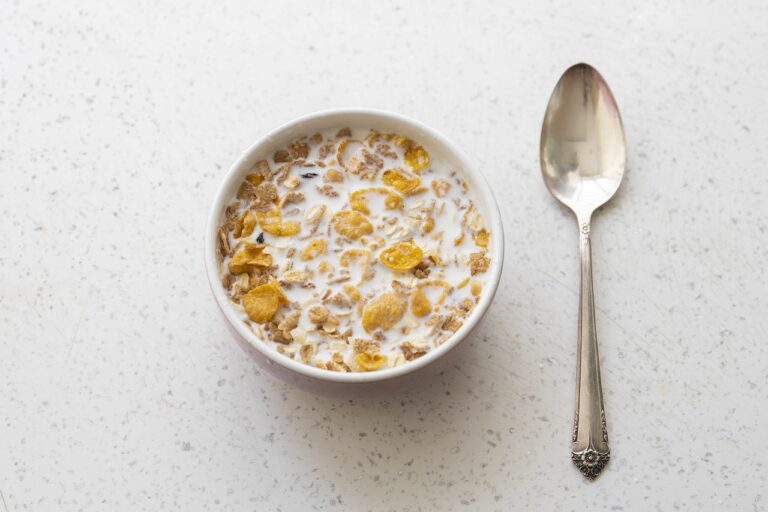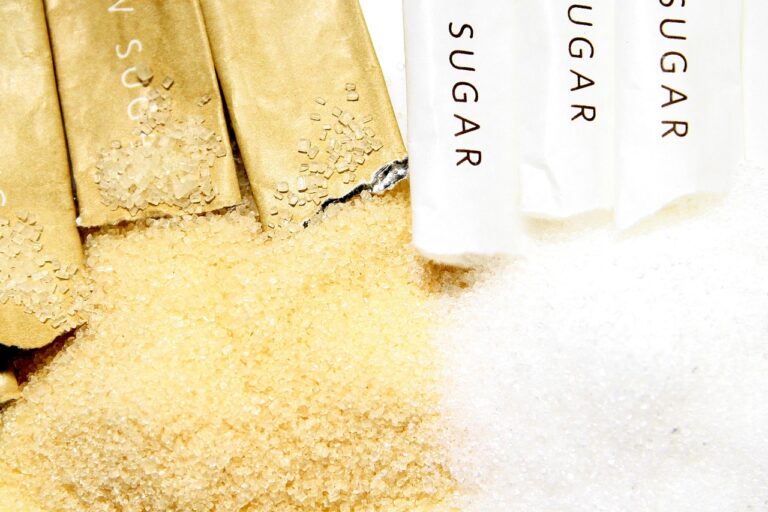These Are 10 Reasons Why You Are Craving Zinc
Zinc is an essential mineral for human health, playing a crucial role in numerous physiological functions. Our body doesn’t produce zinc on its own, so we must obtain it through our diet or supplements. Interestingly, some individuals experience specific cravings that might be associated with a lack of zinc. This article will shed light on this phenomenon by highlighting ten reasons one might crave zinc.
Why Am I Craving Zinc?
1. Immune System Support
Zinc is a vital player in our immune response. It’s known to help produce and activate T-lymphocytes, which are cells that control and regulate immune responses and attack infected cells.
When zinc levels are low, our immune response can be compromised. This may lead to increased susceptibility to illnesses and infections. The body may crave zinc to bolster the immune system and maintain optimal functionality.
2. Wound Healing
Zinc plays a fundamental role in collagen synthesis and inflammatory response, both of which are essential for wound healing. It also supports the growth and functioning of cells necessary for skin health.
If someone has a wound that’s healing slowly or has frequent bruises and cuts, it could be a sign of zinc deficiency. The body might crave zinc to support and speed up the healing process.
3. Loss of Appetite
A decreased sense of taste or smell, often leading to a diminished appetite, is a classic symptom of zinc deficiency. This is because zinc is essential for the proper function of the taste and smell receptors.
When these senses are hindered, the body might naturally crave foods rich in zinc, even if the person isn’t aware of the underlying cause. A heightened intake can restore the senses and regular appetite.
4. Mental Fatigue
Zinc is crucial for neurotransmitter function and thus plays a role in cognitive performance. It’s also involved in the synthesis of melatonin, which regulates sleep patterns.
A deficiency in zinc can lead to attention and memory problems, as well as disrupted sleep. These symptoms might drive an unconscious desire to consume more zinc-rich foods to enhance mental clarity and restore proper sleep patterns.
5. Skin Conditions
Zinc is a common ingredient in many topical creams for skin conditions due to its anti-inflammatory properties and ability to promote healthy skin. Conditions like acne, eczema, and psoriasis can be associated with zinc deficiency.
People suffering from these conditions might find themselves drawn to foods high in zinc as the body’s way of trying to correct the imbalance and promote healthier skin.
6. Hair Loss
Hair loss can be linked to numerous factors, including nutritional deficiencies, notably zinc. Zinc plays a part in hair tissue growth and repair and keeps the oil glands surrounding the follicles working correctly.
A decline in hair health or increased hair loss might be the body’s way of signaling a zinc deficiency, prompting a natural craving for zinc-rich foods.
7. Poor Vision
Zinc is essential for maintaining the health of the retina and might play a role in age-related macular degeneration. It’s also crucial for converting vitamin A from the liver to the retina to produce melanin, a protective pigment in the eyes.
When there’s a deficiency, night vision might become compromised, and the risk of eye conditions may increase. This could trigger a natural inclination to seek out zinc-rich foods.
8. Growth and Development Delays
Especially in children, adequate zinc intake is crucial for growth and development. It’s vital for cell growth, DNA synthesis, and protein production.
Any signs of stunted growth or developmental delays could point to a potential zinc deficiency. The body may respond by creating a natural desire for foods high in zinc to combat these issues.
9. Mood Disturbances
Zinc plays a role in the brain’s neurotransmitter system, influencing mood regulation. A deficiency can lead to symptoms such as mood swings, irritability, and even depression.
Individuals experiencing mood disturbances might unconsciously gravitate towards zinc-rich foods, as the body seeks to rebalance and enhance mood regulation.
10. Weakened Bone Health
Zinc is essential for bone formation and mineralization. A lack of it can result in decreased bone density and strength, leading to conditions like osteoporosis.
When bones become fragile or there’s pain in the bones and joints, it might be an indirect sign of zinc deficiency. The body could naturally lean towards foods rich in zinc to support bone health.
Conclusion
While our bodies might not explicitly “tell” us when we’re deficient in specific nutrients, there are often subtle signs and cues. Cravings for certain foods or symptoms associated with a lack of vital nutrients, such as zinc, can guide us towards understanding what our body truly needs. By recognizing these signs and ensuring a balanced diet, we can help maintain optimal health and well-being.






